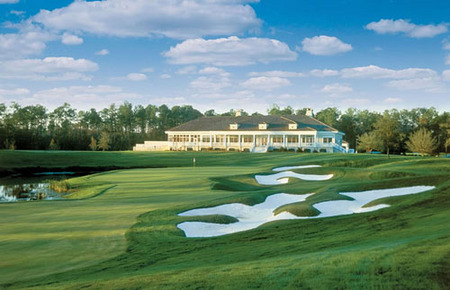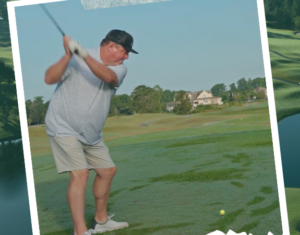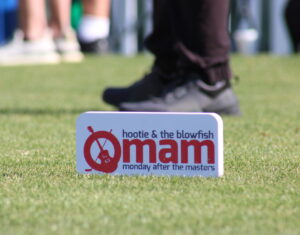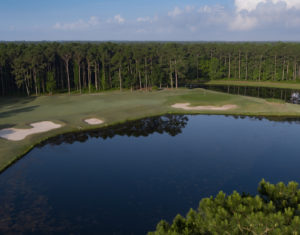Bent vs. Bermuda: The Battle Draws Closer
Woods vs. Nicklaus. Lakers vs. Celtics. Yankees vs. Red Sox. Bentgrass vs. bermudagrass. Yes, great sports debates can carry over to the greens of your favorite golf course.
For many people on a Myrtle Beach golf trip, the bent vs. bermuda debate most closely resembled the Yankees-Red Sox rivalry. The Yankees (representing bentgrass) had the championships and history to back their position, while the Red Sox (bermuda grass) had supporters but there was little doubt about the superior product.
Just as the Red Sox have turned their blood feud with the Yankees on its head in recent years, bermuda, too, has made significant inroads in challenging the king’s throne.
Historically bentgrass has provided the game’s best putting surface. It’s a strain of grass that grows upright, allowing golfers to putt on its tips, which promotes the smoothest roll. Combine the upright growth with the ability of bentgrass to withstand a close shave and it often produces the game’s fastest, truest putting surface.
Conversely, bermuda tended to lay prostrate, which led to a “grainy” putting surface. When golfers putted into the grain the ball was prone to jump and break more. When putting with the grain, ball speed increased while break decreased. A golfer unaccustomed to bermuda was subject to struggle getting adjusted.
But just as science and technology have produced medical breakthroughs in fields like stem cell research and gene therapy, some of the same methods have been used to create hybrid bermuda grasses like Champion, Tifdwarf and MiniVerde. Those advances have significantly enhanced the quality of bermuda greens.
While the scientific advances and the fact that bermuda is a warm season grass, meaning it thrives during the Myrtle Beach summer, has allowed it to narrow the gap, bentgrass remains very popular. The newer strands of bent – L93 and A1 – offer a smoother roll than their predecessors and increased durability. (click for a list of Grand Strand courses with bentgrass greens)
While the debate today is whether bent or bermuda is the best grass for the Myrtle Beach golf market, other challengers are beginning to emerge.
Pas Palum, the grass that will cover Pine Lakes Country Club from tee to green, thrives in sodium heavy water and warm temperatures. There is every reason to believe Pas Palum’s popularity along the Grand Strand will continue to grow.
The winners in this evolving rivalry are golfers, who are being rewarded with a more durable and better putting surface on an annual basis.




